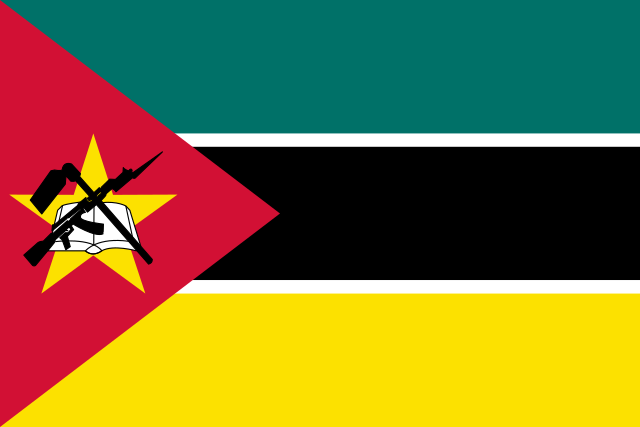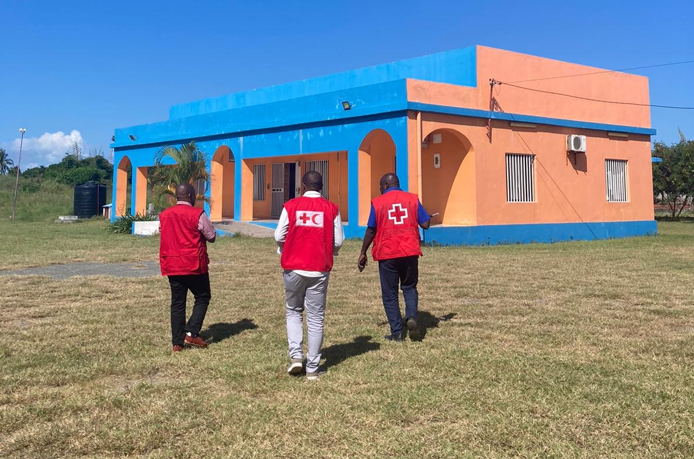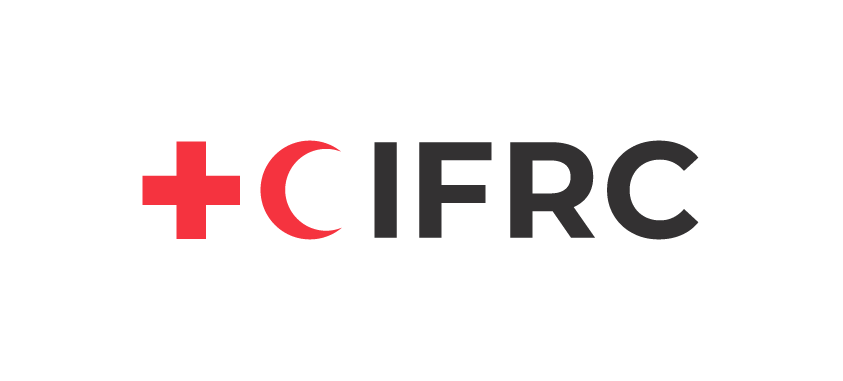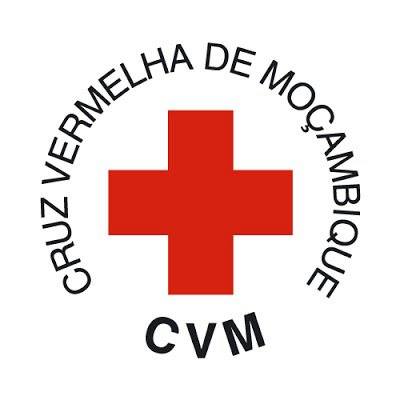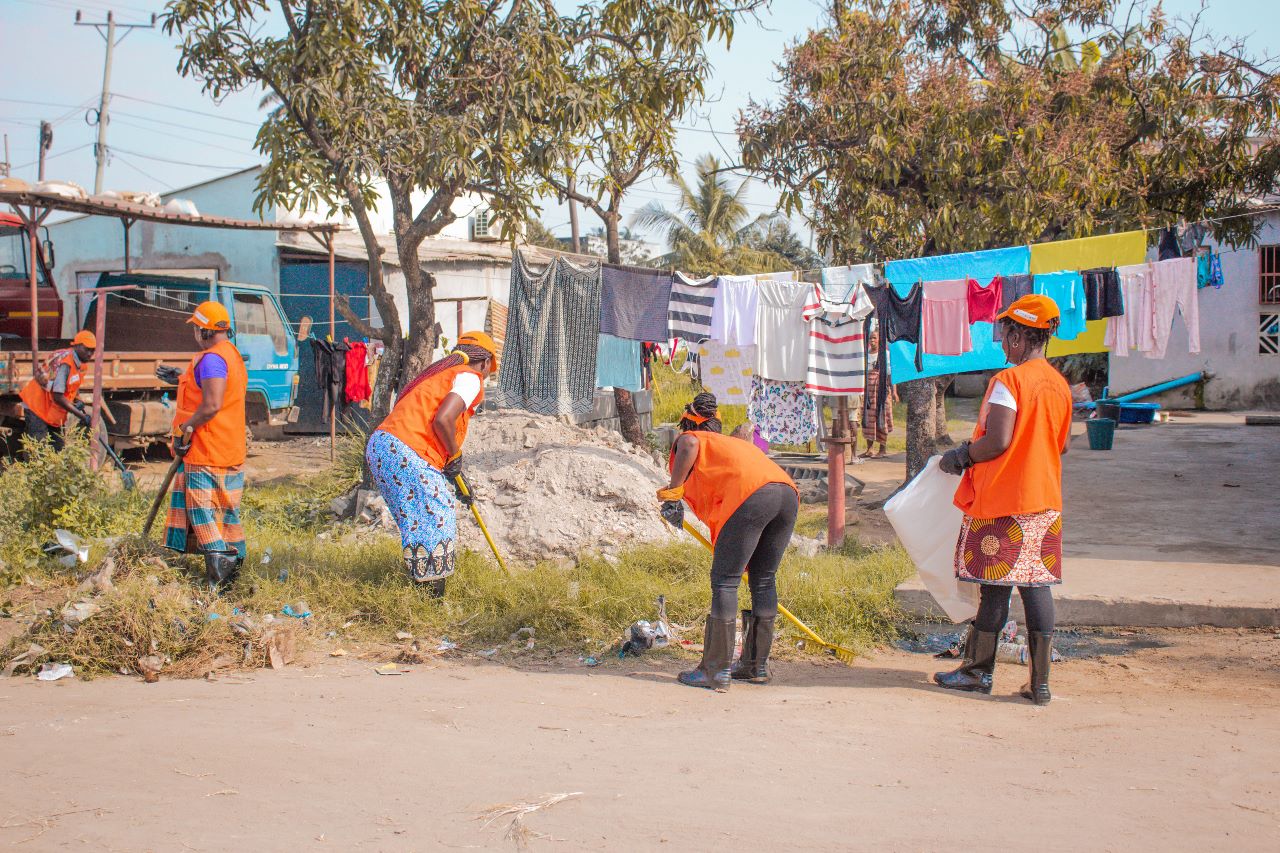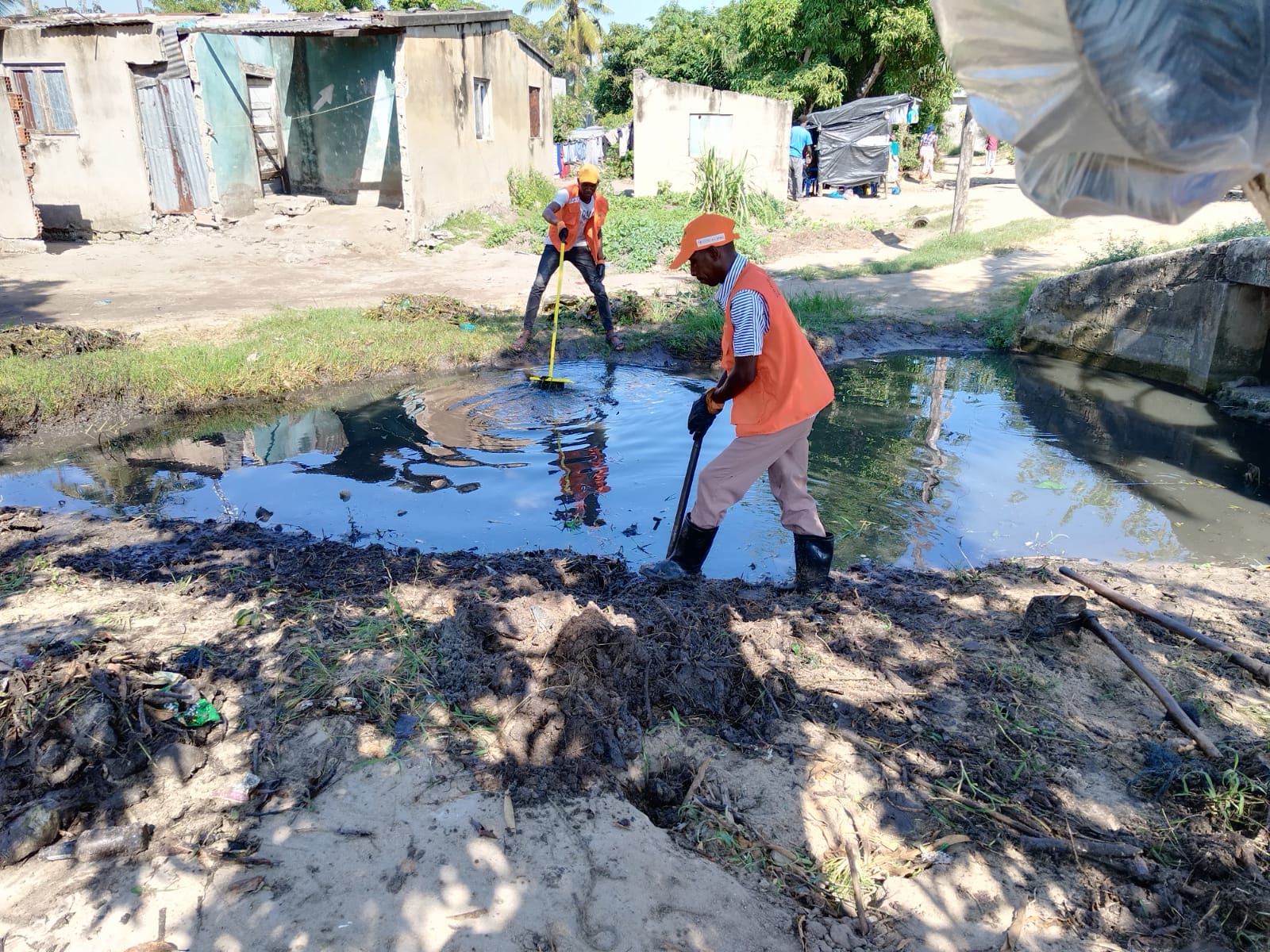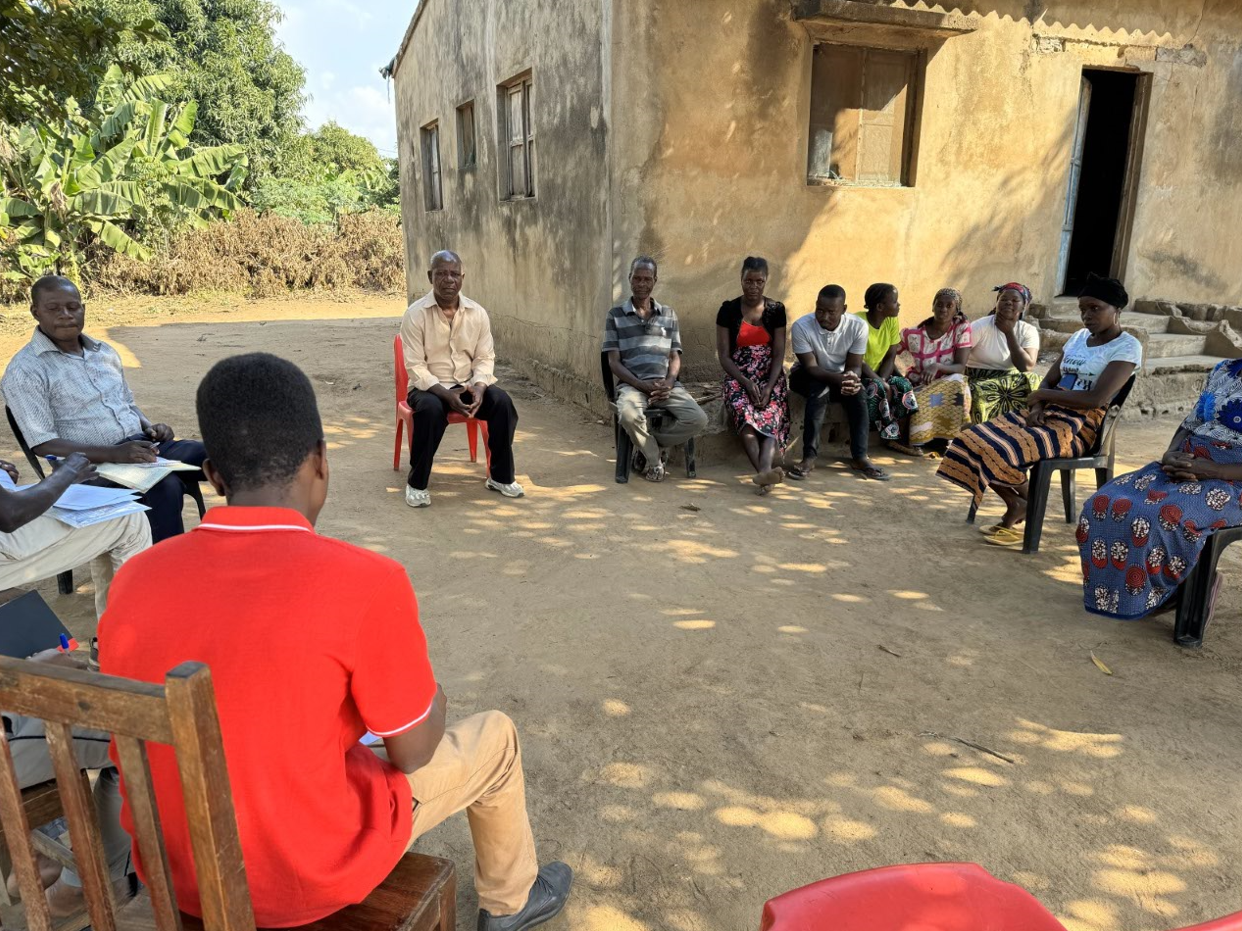Our impact so far
Alongside tropical cyclones, floods represent a significant risk in Mozambique, affecting lowland, highland and urban areas throughout the country every year. The impacts of Cyclone Idai and Kenneth in 2019 – both severe storms, the likes of which are predicted to become more extreme and frequent with climate change – demonstrated that Mozambique is not sufficiently adapted to the high flood risks it faces. Cyclone Idai was the deadliest storm ever to hit Africa and the largest humanitarian disaster of 2019, causing 1,300 deaths across south-eastern Africa. Cyclone Kenneth, which made landfall a month later with wind gusts of 220 km/h was the strongest cyclone to ever make landfall in Africa.
In the coastal part of the Sofala Province, one of the most flood-affected areas of the country, floods, cyclones, erosion, and sea-level rise are recurrent and serious risks. The program is targeting six vulnerable communities in Buzi and Beira in Sofala Province.
At the community level, the Mozambique Red Cross Society works with local authorities and the National Disaster Management Agency to establish or revitalize Local Disaster Management Committees, raise awareness of the population for risks and protective actions and restore flood mitigation infrastructure. In addition to these community-level activities, the Mozambique Red Cross Society and the IFRC advocate for better laws, policies and plans for resilience building and climate change adaptation. In particular, the program takes action to ensure that community voices, needs and priorities are integrated into disaster risk reduction and contingency response planning.
